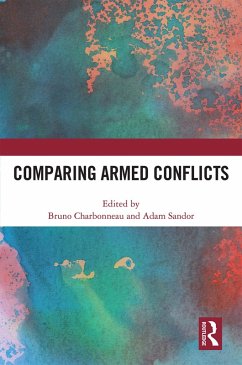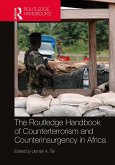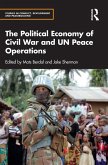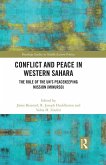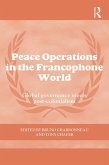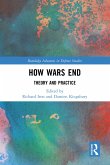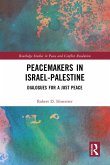Capacity-building experts, development workers, international organizations, and diplomats use their previous experiences and bring them into new contexts to understand and respond to their environment. Conflict actors can also make comparisons to buttress their political position in negotiations, consolidate their control over fighters, and as calls for transnational rebel solidarity. The use of such comparisons is an inherently political move and it has an impact on the production of scientific knowledge, on conflict dynamics themselves, and on the formulation and implementation of conflict management policy: comparison is inherently a practice of order-making. While there are important epistemological and methodological stakes associated with researchers engaging in comparison, there are also important productive effects connected to the research avenues taken.
The chapters in this book were originally published in the Civil Wars.
Dieser Download kann aus rechtlichen Gründen nur mit Rechnungsadresse in A, B, BG, CY, CZ, D, DK, EW, E, FIN, F, GR, HR, H, IRL, I, LT, L, LR, M, NL, PL, P, R, S, SLO, SK ausgeliefert werden.

